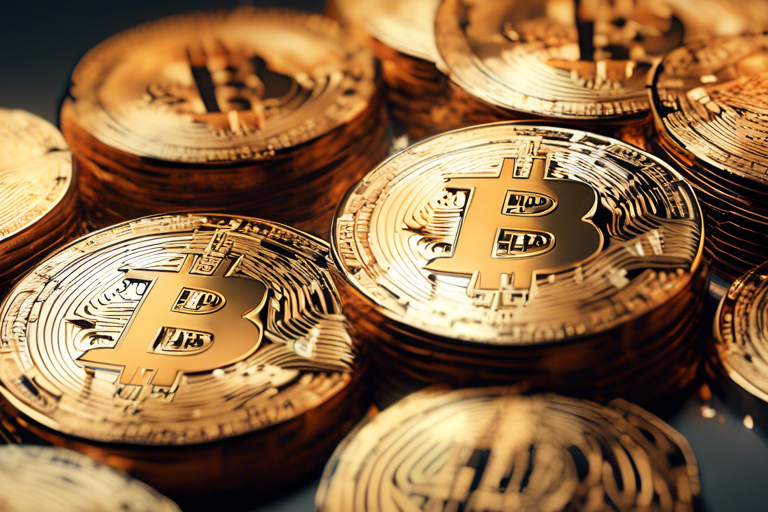The Rise of Non-BTC Transactions on the Bitcoin Blockchain
Have you noticed a recent surge in non-BTC transactions on the Bitcoin blockchain? Let’s delve into the latest data that suggests a shift in transaction types on this popular blockchain.
Exploring Non-BTC Transactions
- Bitcoin protocol update allows recording of transactions without BTC
- BTC transactions: Classic Bitcoin transfers between addresses
- Ordinals: NFTs on the Bitcoin blockchain
- BRC-20 tokens: Tradable tokens on the Bitcoin blockchain
- Rune protocol: Replaces Ordinals and BRC-20 after the halving
- Over 20% of daily transactions were non-BTC at the beginning of 2024
- Introduction of spot Bitcoin ETFs caused a temporary spike to over 70%
- After the halving, non-BTC transactions surged, reaching peaks above 80% at times
- Recent rise in Rune transactions contributing to the increase in non-BTC transactions
- Current non-BTC transactions percentage has fallen back below 10%
- Increased non-BTC transactions often lead to a rise in fees
- Anomalous fee peak on the halving day due to Rune launch
- Fee fluctuations with peaks exceeding $80 followed by drops below $4
- Median fee remains below $2 despite some high average fee spikes
The Dominance of BTC Transactions
Before the halving in April, non-BTC transactions were mainly composed of Ordinals and BRC-20 transactions. However, the introduction of the Rune protocol led to a decline in these types of transactions, with Rune transactions becoming predominant.
The Boom of Non-BTC Transactions Post Halving
Fees on the Bitcoin Blockchain Post Halving
The Return to Normality
Periods of high non-BTC transactions coincide with fee spikes, followed by a return to normal levels. It’s essential to monitor these trends to make informed decisions about your transactions.
Hot Take: Understanding the Changing Dynamics on the Bitcoin Blockchain
For the first time since the halving in April, BTC transactions have once again dominated the Bitcoin blockchain. Stay vigilant and adapt your transaction strategies to the evolving landscape of non-BTC transactions.





 By
By
 By
By

 By
By

 By
By